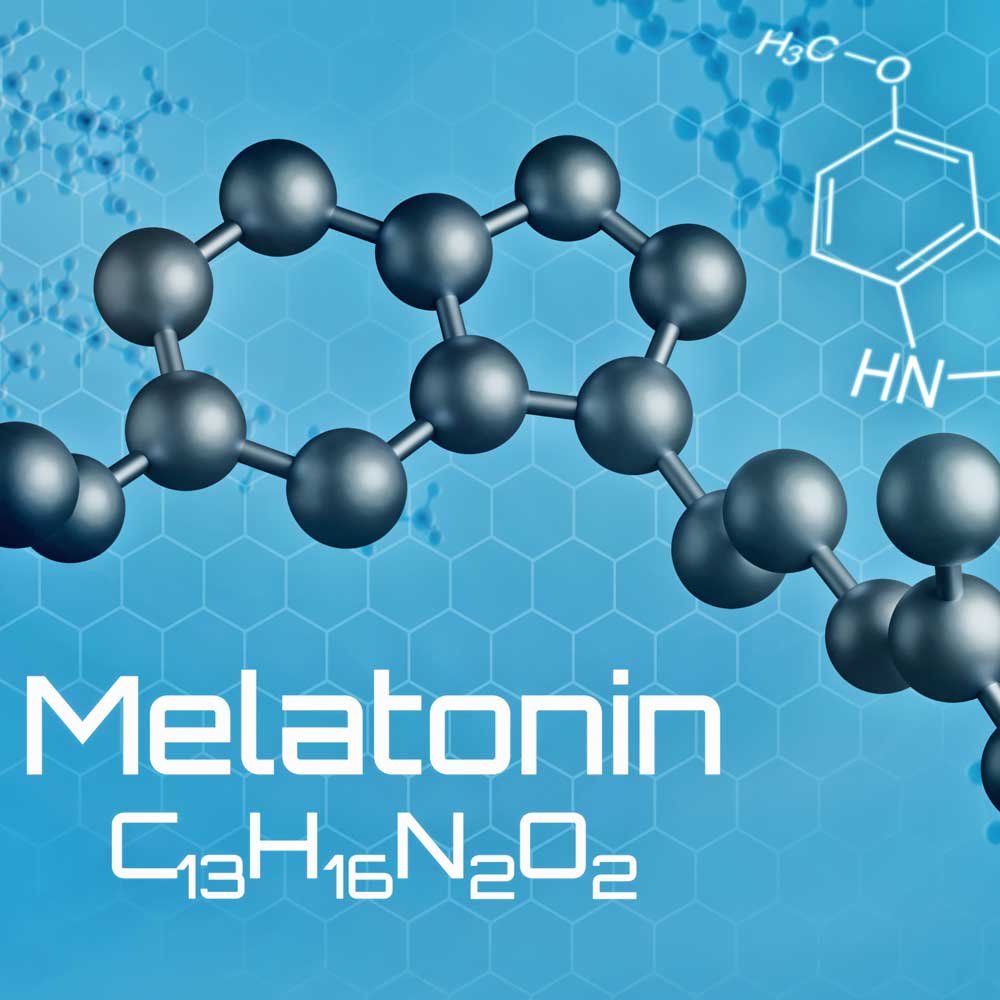Latest Facts
Medical Studies on Melatonin – Latest Facts

You want to get a fast overview on the latest research on melatonin and its multiple applications? – In this category you will find the most important studies listed separately; of course, these are also assigned to the respective subject areas.
The selection of the presented papers was made by the scientific committee of Interchron, the international forum for chronobiology, and it will be updated continuously.
Medical Studies on Melatonin – Latest Facts
Melatonin and stress Melatonin and its metabolites are ubiquitous antioxidants that are produced in response to reactive oxygen species (ROS) in
Migraine is a chronic disease of global concern, regardless of socio-economic and cultural background. It most often and intensely affects
A variety of organisms including mammals have evolved a 24h, self-sustained timekeeping machinery known as the circadian clock (biological clock),
Background: As an infectious disease caused by the severe acute respiratory syndrome coronavirus 2 (SARS-CoV-2), the common signs of coronavirus disease
Objective: The prevalence of sleep disorders during the perinatal period is high and large health administrative database surveys have shown that
Recent studies revealed that non-coding RNAs (ncRNAs) play a crucial role in pathophysiological processes involved in diabetic cardiomyopathy (DCM) that
Microglial activation and melatonin protection have been reported in diabetic retinopathy (DR). Whether melatonin could regulate microglia to protect the
In type 2 diabetes mellitus (T2DM) and its related disorders like obesity, the abnormal protein processing, oxidative stress and proinflammatory
Melatonin is an ancient molecule that originated in bacteria. When these prokaryotes were phagocytized by early eukaryotes, they eventually developed
Aims: To evaluate the efficacy and safety of melatonin for migraine prophylaxis in adults. Methods: After a comprehensive literature search in the MEDLINE,
Melatonin is the main hormone involved in the control of the sleep-wake cycle. It is easily synthesisable and can be
Cardiovascular diseases (CVDs) are the leading global cause of mortality and disability, tending to happen in younger individuals in developed
Lung cancer is the second most common cancer and the most lethal cancer worldwide. Melatonin, an indoleamine produced in the
Purpose of review: We present a review of research on the role of melatonin in the management of sleep and circadian
Melatonin is a pineal indolamine, allegedly known as a circadian rhythm regulator, and an antioxidative and immunomodulatory molecule. In both
Background: Matrix metalloproteinase-9 (MMP-9) is crucial in tissue remodeling after an adverse cardiac event. In experimental studies, melatonin has been found
The prevention of cardiac life-threatening ventricular fibrillation and stroke-provoking atrial fibrillation remains a serious global clinical issue, with ongoing need
Aims: Observational studies have shown that sleep pattern is associated with age-related macular degeneration (AMD), but whether sleep pattern is a
The vascular endothelium is vital in maintaining cardiovascular health by regulating vascular permeability and tone, preventing thrombosis, and controlling vascular
Background: Oocyte quality is one of the major deciding factors in female fertility competence. Methods: PubMed database was searched for reviews by using